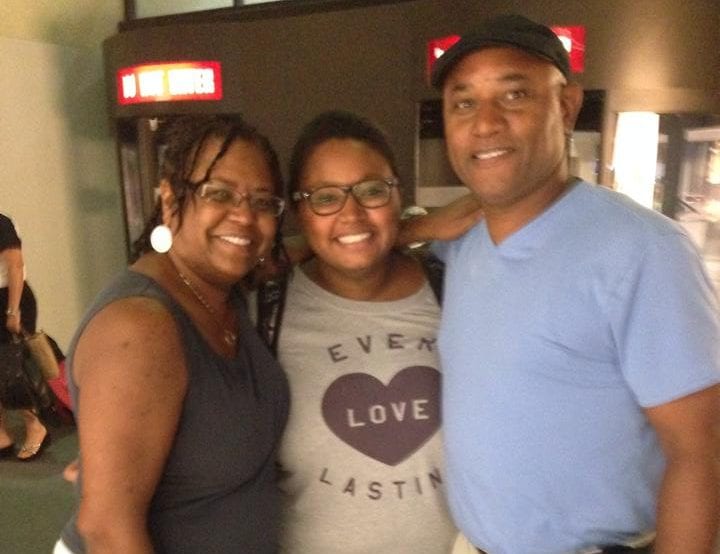Insomnia: What it is and How to Treat it
It’s a bird! It’s a plane! It’s Superman! Wait…Above your bed? No, no, no, you must be hallucinating from lack of sleep. Insomnia is more common than you probably thought, and luckily for [most of] us it can be treated simply by adjusting our habits.
Symptoms
Photo Source: 1800moresleep.comA majority of people probably imagine an insomniac as basically a zombie. The dark, dead eyes set in a sluggish body that hasn’t slept a wink in months, right? Well, that might be true in an extreme case but insomnia affects many people, even if they are getting sleep. So what are the symptoms? According to helpguide.org they include:
- Difficulty falling asleep, even if you’re tired
- Waking up frequently during the night
- Trouble going back to sleep once awake
- Exhausting sleep
- Relying on sleeping pills/alcohol to fall asleep
- Waking up too early
- Daytime drowsiness, fatigue, or irritability
- Difficulty concentrating during the day
Causes
The helpguide.org credits half the causes of insomnia to “Emotional issues such as stress, anxiety, and depression.” While these may be an ongoing or lifelong disorder for some individuals, they can also be triggered by a big move or change, an upcoming presentation, a major project, a break-up, bad grades, losing a job, etc. On a side note, the medication used to treat these can also be a cause of insomnia. Some other, less common causes can be linked to bipolar disorder, post-traumatic stress disorder, asthma, allergies, restless legs syndrome, acid reflux, kidney disease, sleep apnea, and narcolepsy.
Aside from mental or emotional causes, your daily habits can also affect your sleep. Do you or are you:
- Take naps?
- Look at bright screens before bed? You know, computers, tablets, TVs, Kindles…
- Drink a ton of caffeine throughout the day?
- Go to sleep and wake up at different times each night and morning?
- Active before bed?
Treatments
More than likely, we’re all culprits of the list above and by simply changing these bad habits, we can get back to a good night’s sleep. Helpguide.org says that if you absolutely feel like you must take a nap, do it before 3pm and keep it to 30 minutes. Well who has time for that when we work Monday through Friday, 9 to 5?! I’ll just have another coffee instead. Hmph. This is fine as long as you lay off the caffeine “at least 8 hours before bed.” Nicotine counts too as it’s a stimulant! If you partake in a heated debate, physical activity, video games or watch TV, then you run the risk of getting bad sleep. Helpguide.org suggests something more calm and slow like reading, knitting, or soft music. Hey, this would be a great way to pick up a new hobby! You can also:
- Keep the lights low and dim
- Increase sunlight exposure during the day
- Limit artificial light at night
- Keep your bedroom quiet, dark, and cool
- Maintain a regular sleep schedule
- Get out of bed when you can’t sleep! Try reading or knitting again until you feel tired. Do not try to force yourself back to sleep.






